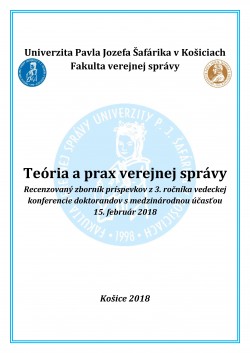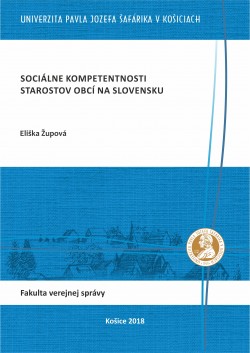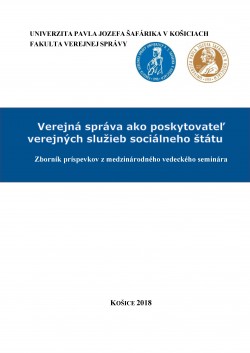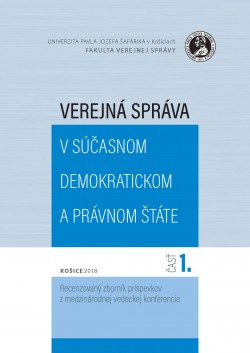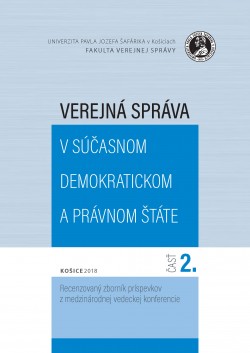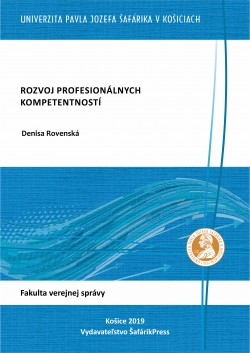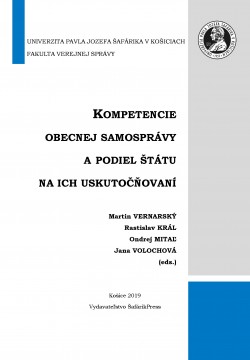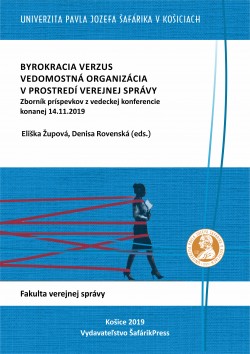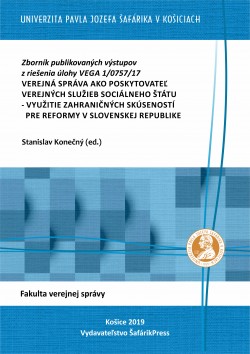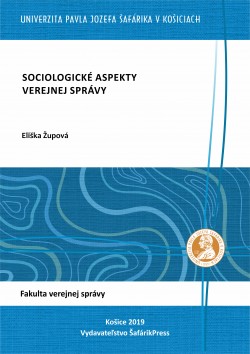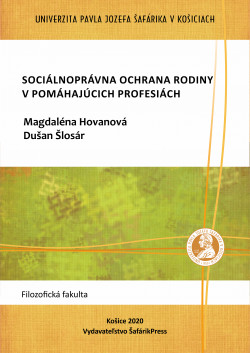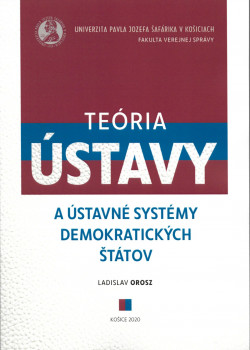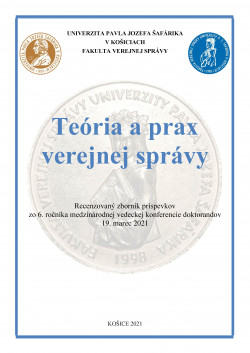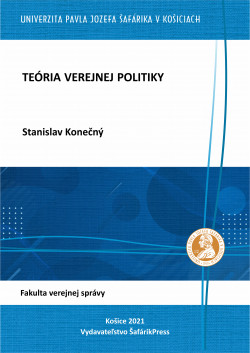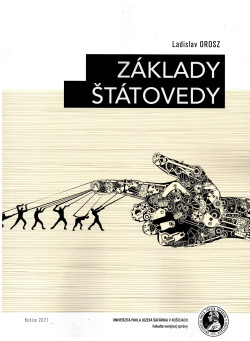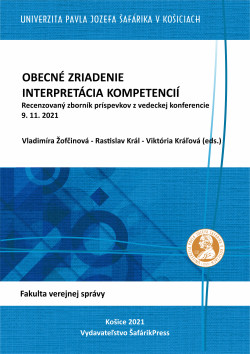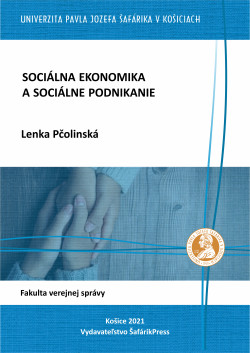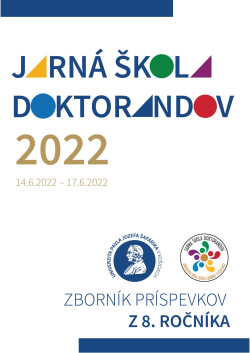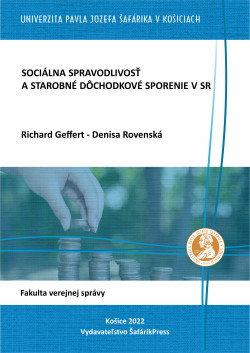Žiadne produkty
Produkt bol úspešne pridaný do vášho košíka
0 ks tovaru Vo vašom košíku je 1 produkt.
Public Administration as a Provider of Public Services of a Social State
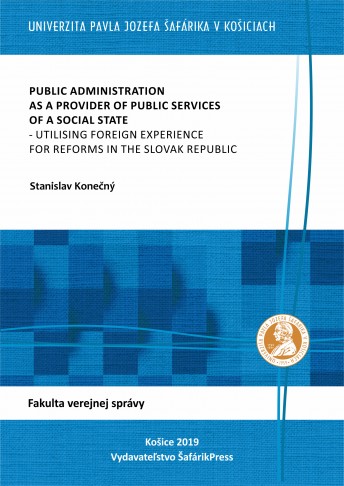
ONLINE
978-80-8152-821-7
E-publikácia
Kľúčové slová:
Ďalšie informácie
| Autor: | Stanislav Konečný |
| Vedecký redaktor | prof. Ing. Viktória Bobáková, CSc. |
| Rok vydania: | 2019 |
| Dostupné od: | 20.12.2019 |
| Vydanie: | 1. vydanie |
| Typ dokumentu: | monografia |
| Jazyk publikácie: | angličtina |
| Počet strán: | 112 |
| Fakulta/pracovisko UPJŠ: | Fakulta verejnej správy UPJŠ |
| Poznámka: | The paper is part of the VEGA project no. 1/0757/17 “Public administration as a provider of public services of the welfare state - utilising of foreign experience for reforms in the Slovak Republic.” |
Popis
The topic of our research task of the same name VEGA 1/0757/17 was based on the question – and was likewise defined in its approved project – how public administration as one of the providers of public services can act as efficiently as possible in favour of making these services available from the aspect (place of permanent residence) of the citizen. This can be done with a certain optimality in the structure of public administration, primarily at the local, but also at the supra-local, e.g. regional, level. If, for example, the settlement structure is too disintegrated, or conversely the regional structure is too aggregated (or even too fragmented), various alternative solutions must be sought that are rational and optimal for satisfying citizens and that will not waste public resources. In this, it is also questionable how the system of state administration authorities and local government authorities is reflected in this structure (in the case of known differences in their operation in both these regimes, or in a regime of delegated performance of state administration), including the conditions of funding these services as public services.
This level of the issue relates not just to competences in the field of social assistance, as sometimes emphasised in Slovakia, but relates to all competences that the state delegates to local government. The delegation of competences means not just the amendment of a law, but also creating conditions for its efficient application for which it is necessary that municipalities or regions perform delegated competences for a certain territory (e.g. for an appropriate number of inhabitants) (Bodnárová - Džambazovič 2011, pp. 20-21), or as M. Jílek (2008, p. 39) writes “an optimal number of citizens of a territorial self-government authority for a given quantity of goods provided will be determined by the maximum positive difference between total utility from consumption per person and total costs for providing the goods per person”. The requirement that municipalities and regions have available a public services infrastructure (Dušek 2016) must thus be confronted with certain capacity possibilities and efficiently and appropriately assessed by the need for various public services in relation to the territorial unit for which the infrastructure is to provide these services.
In terms of economic decentralisation, or fiscal federalism, this concerns the wellknown Oates decentralisation theorem, according to which any public service should be provided by a unit governing the smallest possible geographical area in which the costs and utility of the provided service can be internalised (Oates 1999), whereby the author very clearly highlighted the efficiency limits of decentralisation. This was something that was largely disregarded in Slovakia and surrounding countries at the start of the 1990s, with political arguments dominating (to bring the exercise of public power closer to the citizen).
It would thus be possible by means of economic modelling to determine normatively the most suitable size of units for each kind of public service, assuming that for various public services we would arrive at different sizes of these units for different public services – in the end some optimising compromise would still have to be found in order for there to be a meaningful, but in particular, realistic and applicable structure of these units in practice. We chose a different, non-normative approach, an empirical and analytical approach, characteristic (together with a comparison method) for public policy theory. It is based in general on the fact that we compared actually existing units operating as public service providers in various countries, and in this comparison we attempted to identify the limits of their efficient functionality. The benefit of this approach, in contrast to the previous normative approach, is that the solution offered is tangibly available in existing practice and is not simply a theoretical (calculated) concept.


